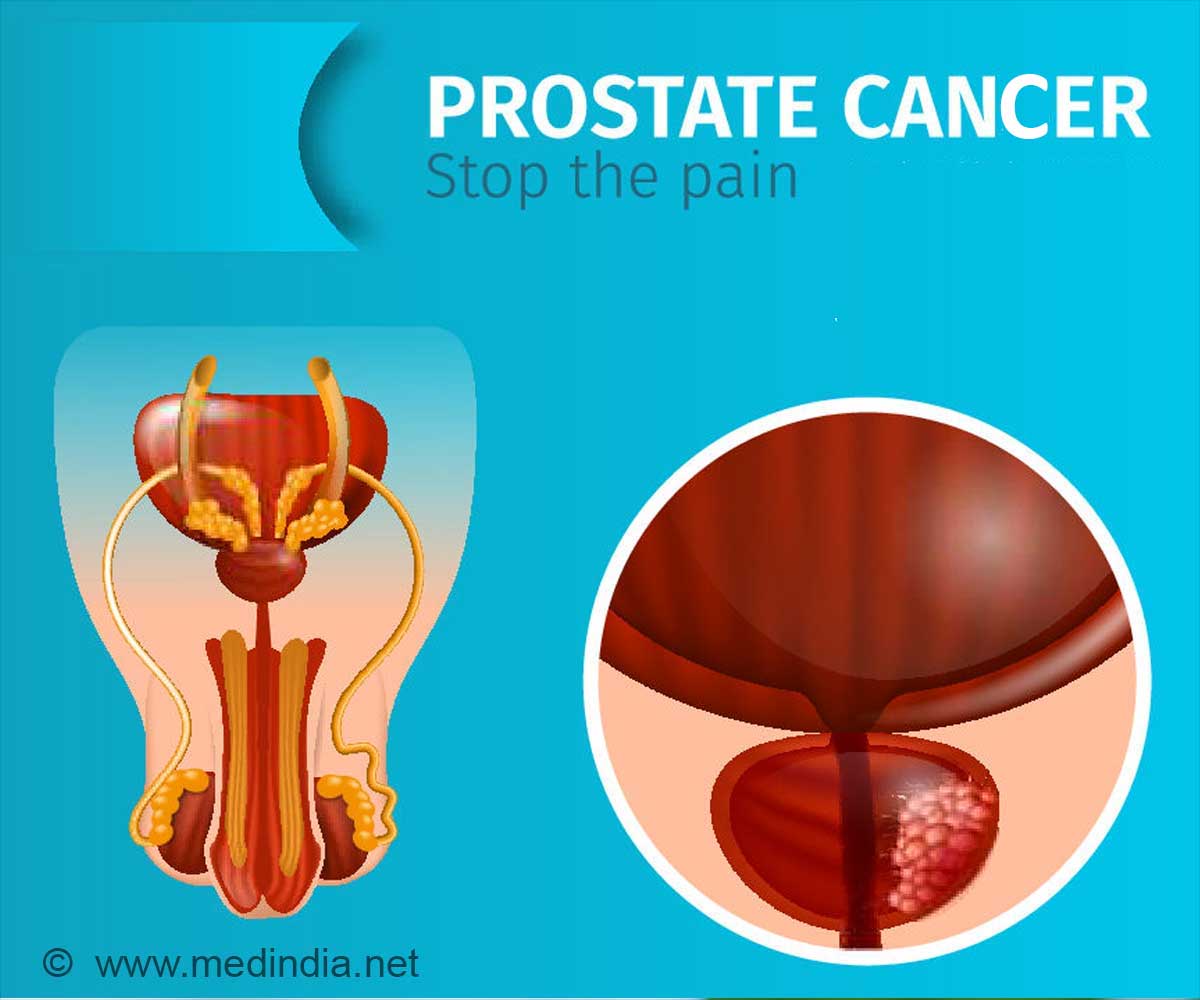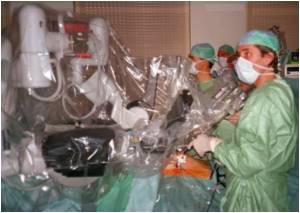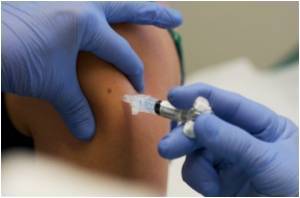Nearly 200 genes in the healthy prostate tissue of men with low-grade prostate cancer that might facilitate in explaining how exercise betters survival from the disease have been keyed by researchers.

The finding builds on two studies last year by UCSF and Harvard School of Public Health that showed brisk walking or vigorous exercise such as jogging for three or more hours a week was linked to a lowered risk of prostate cancer progression and death after diagnosis.
Those earlier studies, however, offered no explanation as to why.
In the current work, the UCSF team teased out a molecular profile of 184 genes whose expression in the prostate gland is linked to vigorous exercise.
Understanding how the activity of these genes is impacted by vigorous exercise and how this might translate to a lowered risk of prostate cancer progression may help reveal new ways to manage the disease, said the senior author of the study, June Chan, ScD, the Steven and Christine Burd-Safeway Distinguished Professor at UCSF.
"Vigorous physical activity may provide clinical benefits for men diagnosed with earlier stage prostate cancer," she said.
The analysis involved examining the levels of expression, or activity, of the same 20,000 genes in 70 men. This information was correlated with the exercise patterns the men reported on questionnaires.
Among the genes that exhibited greater expression were a number that already are thought to help thwart cancer progression, including the well-known "tumor suppressor" genes BRCA1 and BRCA2, as well as genes involved in cell cycle and DNA repair.
Source-ANI
 MEDINDIA
MEDINDIA




 Email
Email










